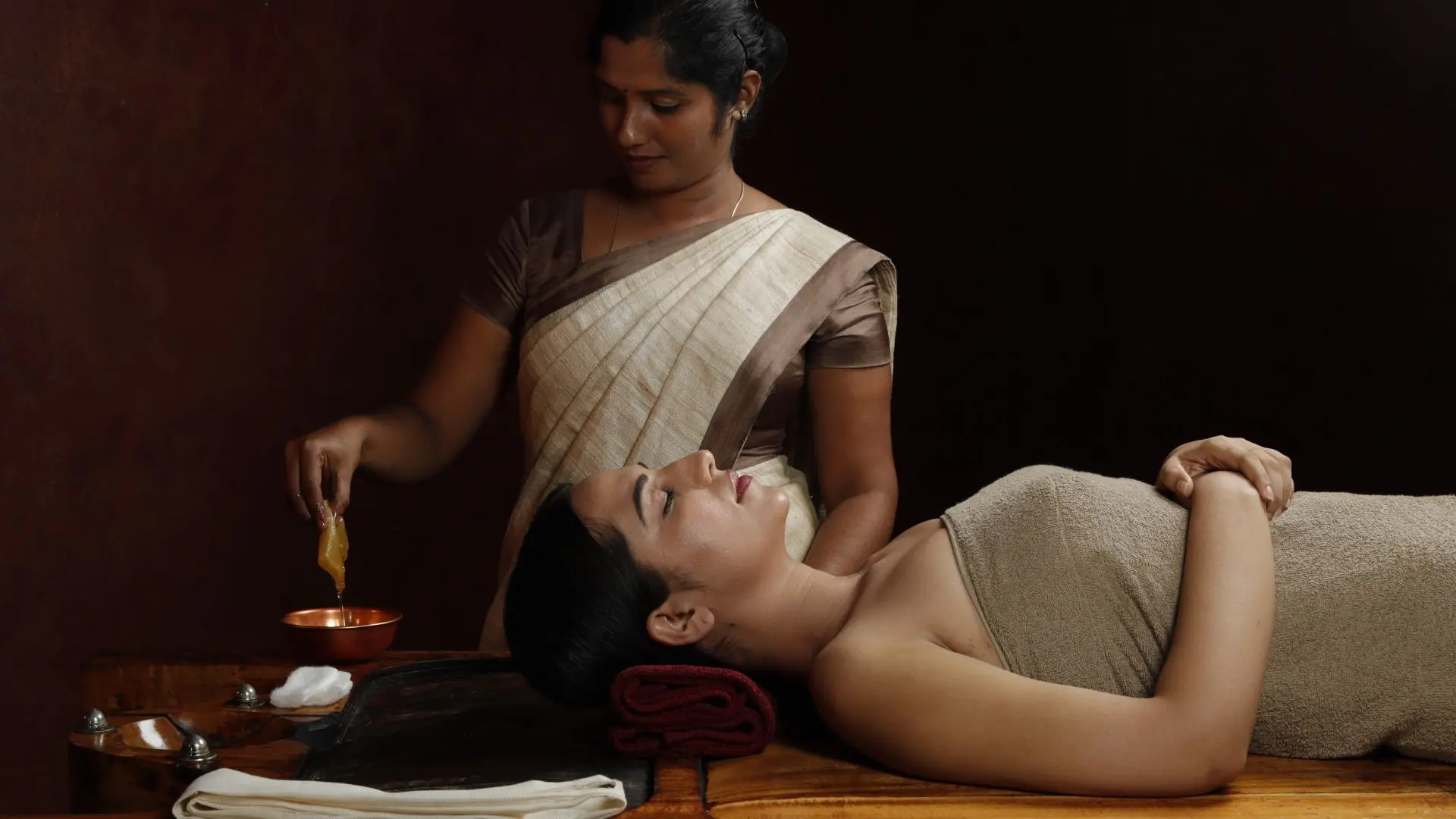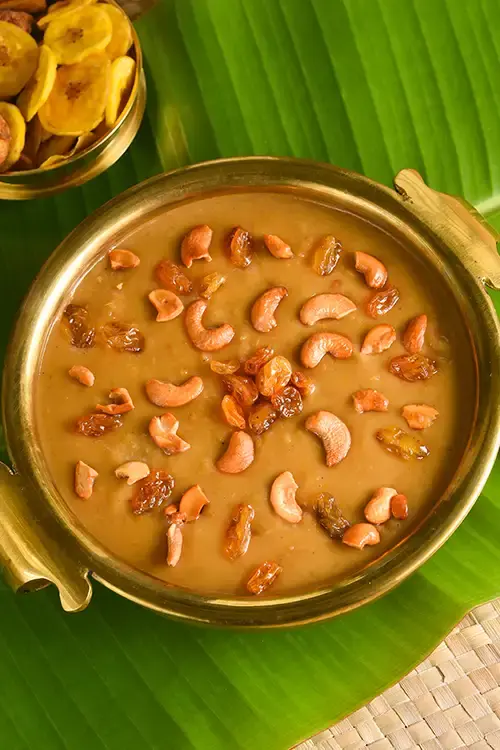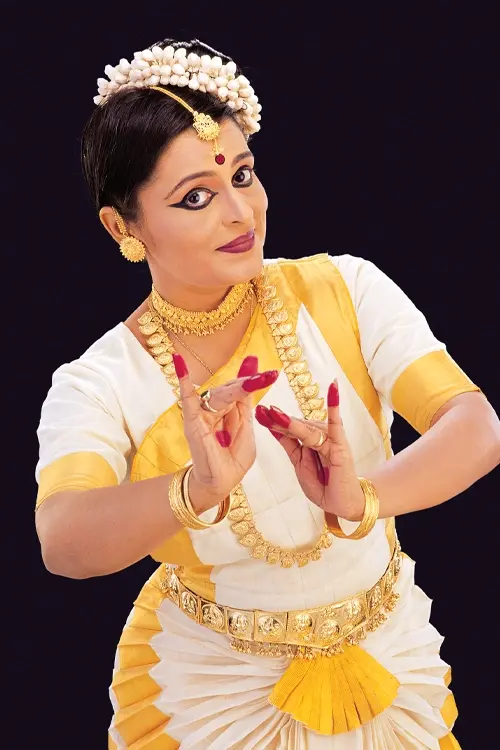Enchanting Kerala
Navarasa
Rasa and bhava are the two major elements in almost all Indian classical performing art forms. Bhava means the state of mind, mental attitude or mental disposition. Rasa literally means the essence, generally the emotional essence breathed into the work by the artiste and relished by the spectator. Rasas are created by bhava.
Rasa can be defined as the developed relishable state of a sthayibhava (latent sentiment or permanent mood). Bharata Muni (sage Bharata), in his Natysastra, a theoretical treatise on ancient Indian dramaturgy and histrionics, describes it as an emotion experienced by the audience created by the facial expression or the bhava of the actor. He enunciated eight types of rasas. They are sringaram (love, attractiveness), hasyam (comedy, laughter and mirth), karunam (compassion, mercy), bibhatsam (disgust, aversion), bhayanakam (horror, terror), veeram (heroic mood), adbhutham (wonder, amazement). A ninth rasa - santam (peace, tranquility) was added by later authors and thus came the expression navarasa meaning the nine rasas. For each rasa there are corresponding colours and presiding deities.
Rasa is said to arise when the sthayibhava in the individual is awakened by his perception of the vibhavas, anubhavas, vyabhicaribhavas, and sattvic bhavas. Vibhavas are the stimuli such as the story, the stage and the actors responsible for the awakening of the sthayi. Anubhavas are the deliberate manifestations of feelings on the part of the actor and vyabhicaribhavas are the transient emotions which arise in the course of maintaining and developing the basic mood.
Involuntary expressions such as blushing, perspiration etc. are generally referred to as sattvic bhavas. They arise as a result of successfully experiencing and portraying of the emotion.
The concept of rasa is fundamental to several Indian art forms including dance, music, musical theatre, cinema and literature though discernable variations are there in the treatment, interpretation, usage and actual performance of particular rasas.






